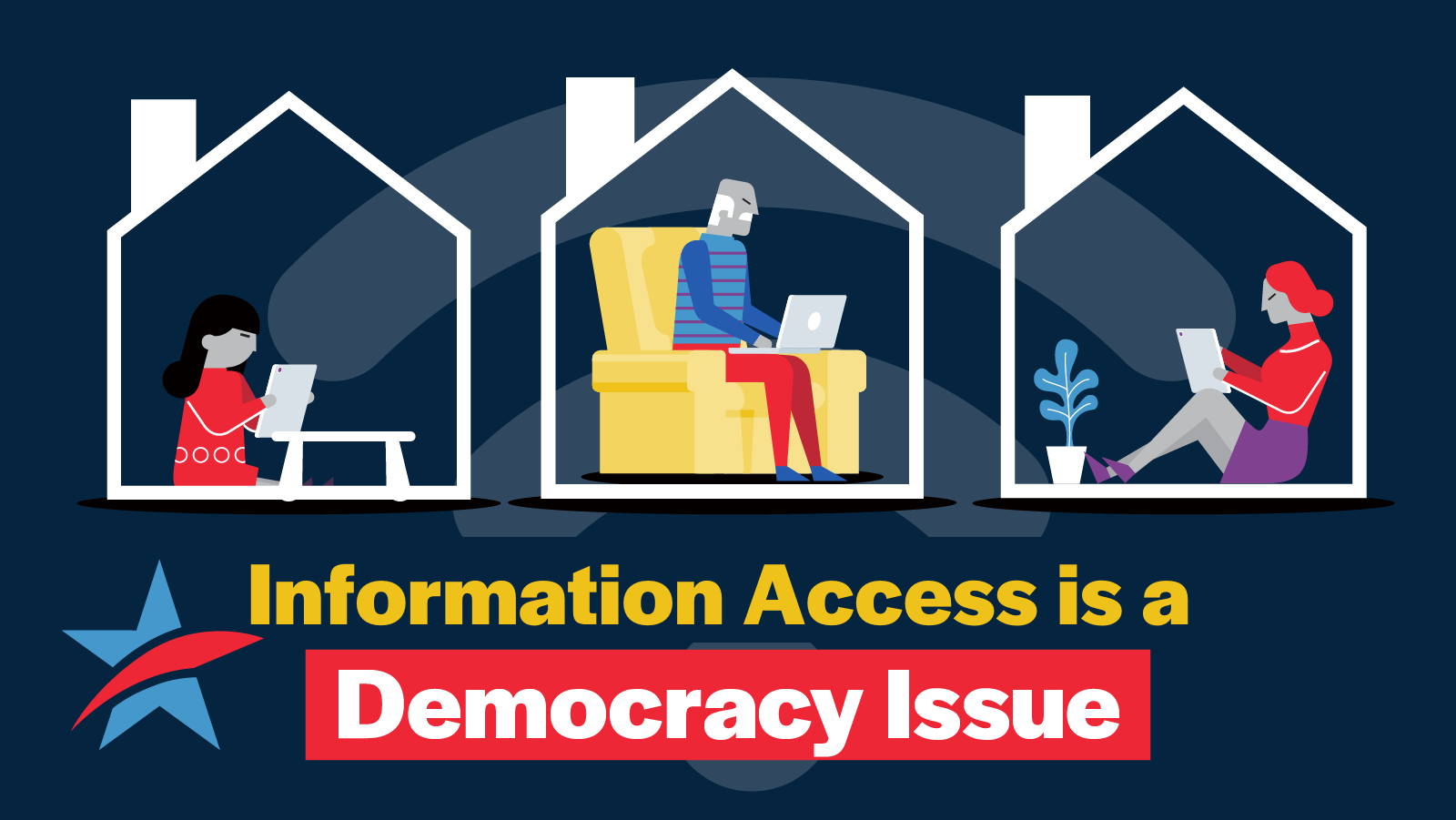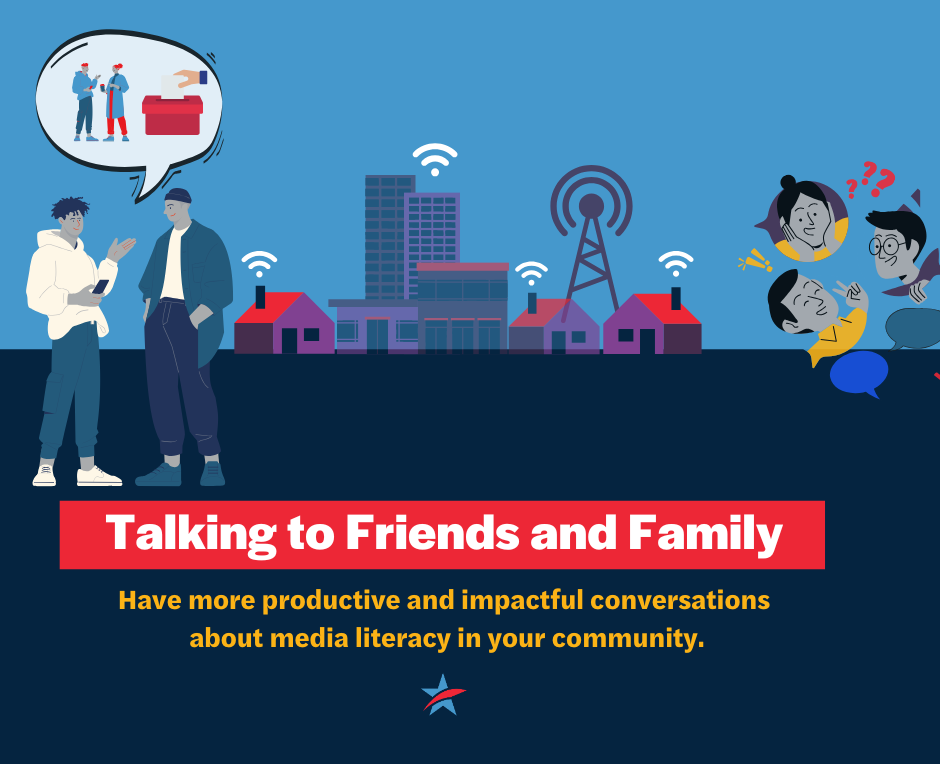Campaign
Affordable Connectivity Program
The Affordable Connectivity Program (ACP) helps ensure that everyone can get online.
People use social media as a main source of news and information, and bad actors want take advantage to mislead and suppress voters. Common Cause is responding in defense of our democracy.
Lies about elections and our democracy that spread online can have dangerous real-world consequences, from targeted voter suppression to the January 6, 2021 attack on the U.S. Capitol.
That is why Common Cause has launched our Information Accountability campaign, where we track and flag misleading content on social media around Election Day.
We educate voters by creating inoculation content that makes them resilient to disinformation. We also advocate for better policies and practices to create better online protections and fight disinformation.
Campaign
Campaign
form
form
Event
Article
Blog Post
Article
Guide
Letter
Guide
Report
Press Release
Press Release
Press Release


